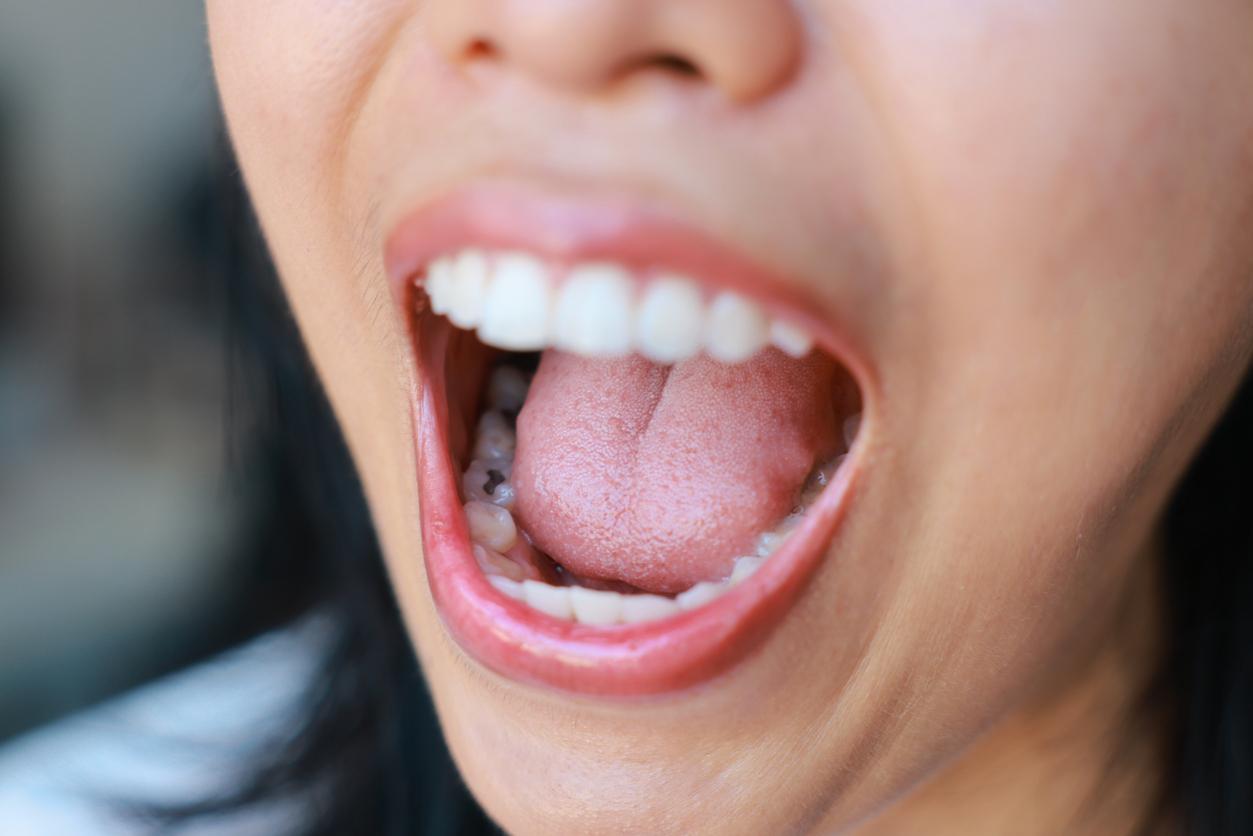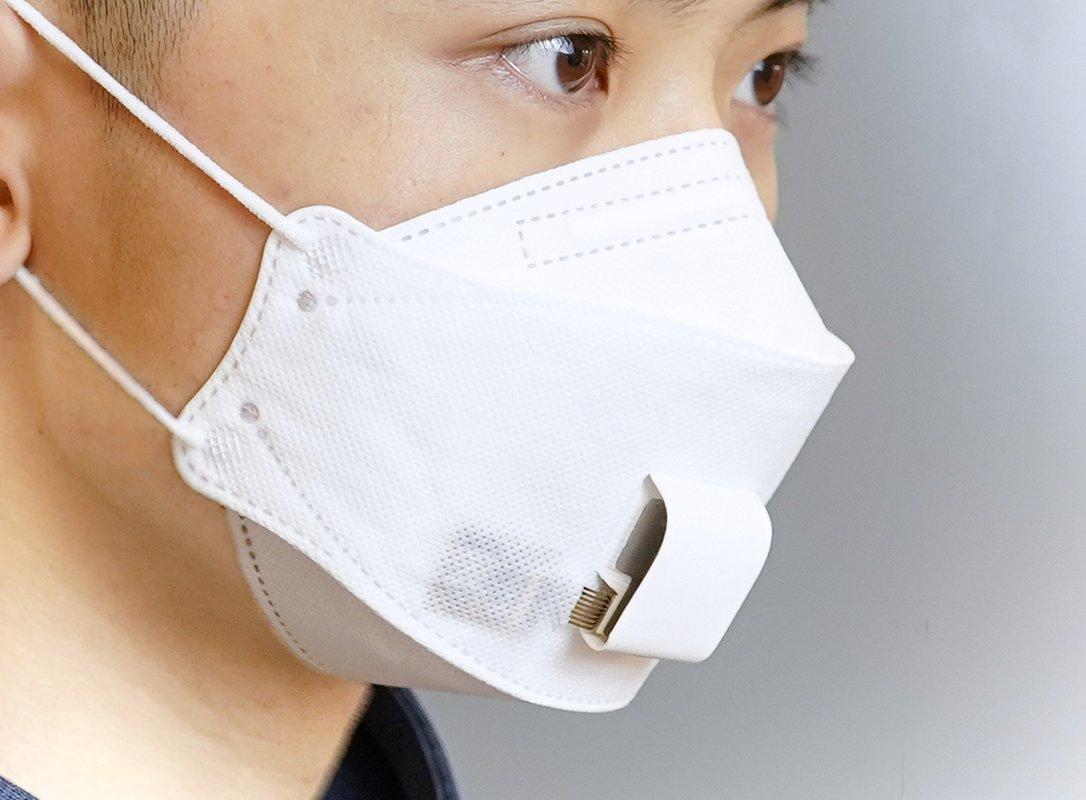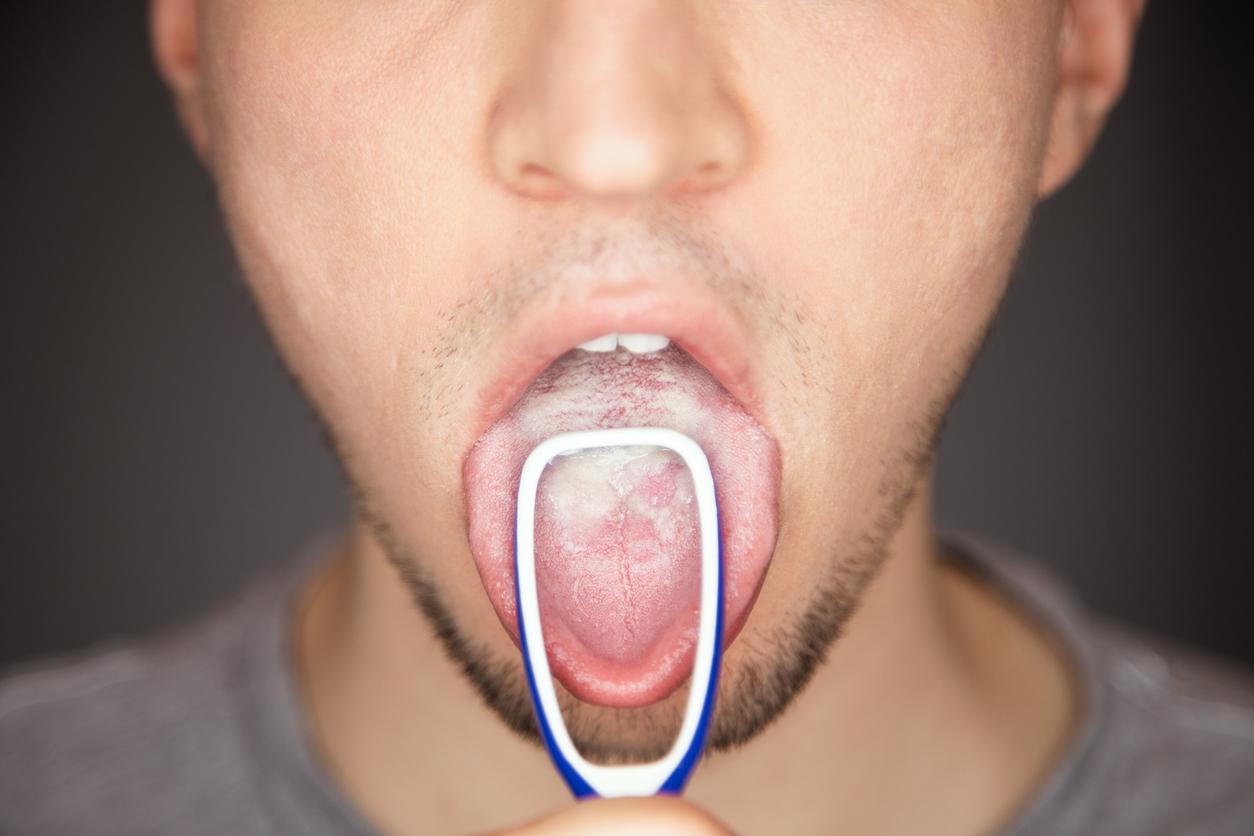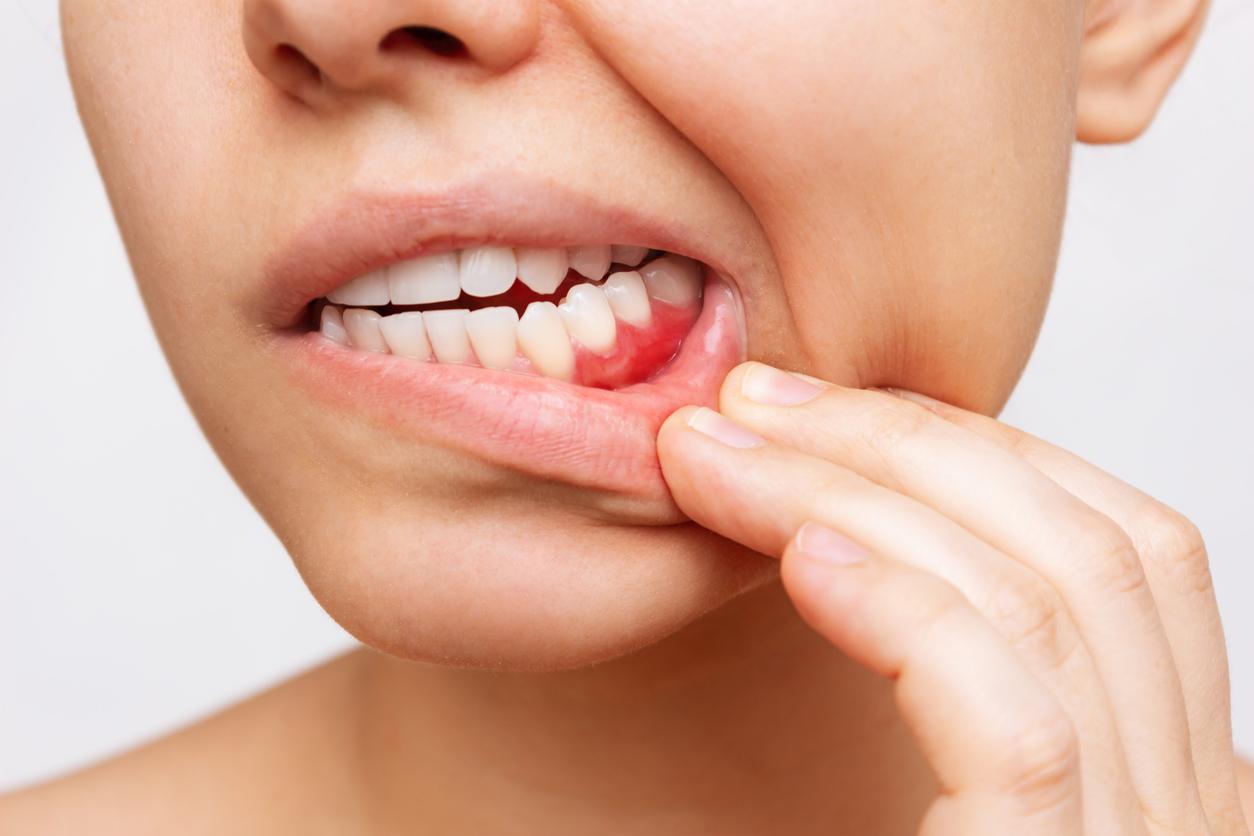We take stock of the different causes of bad breath, also called halitosis.
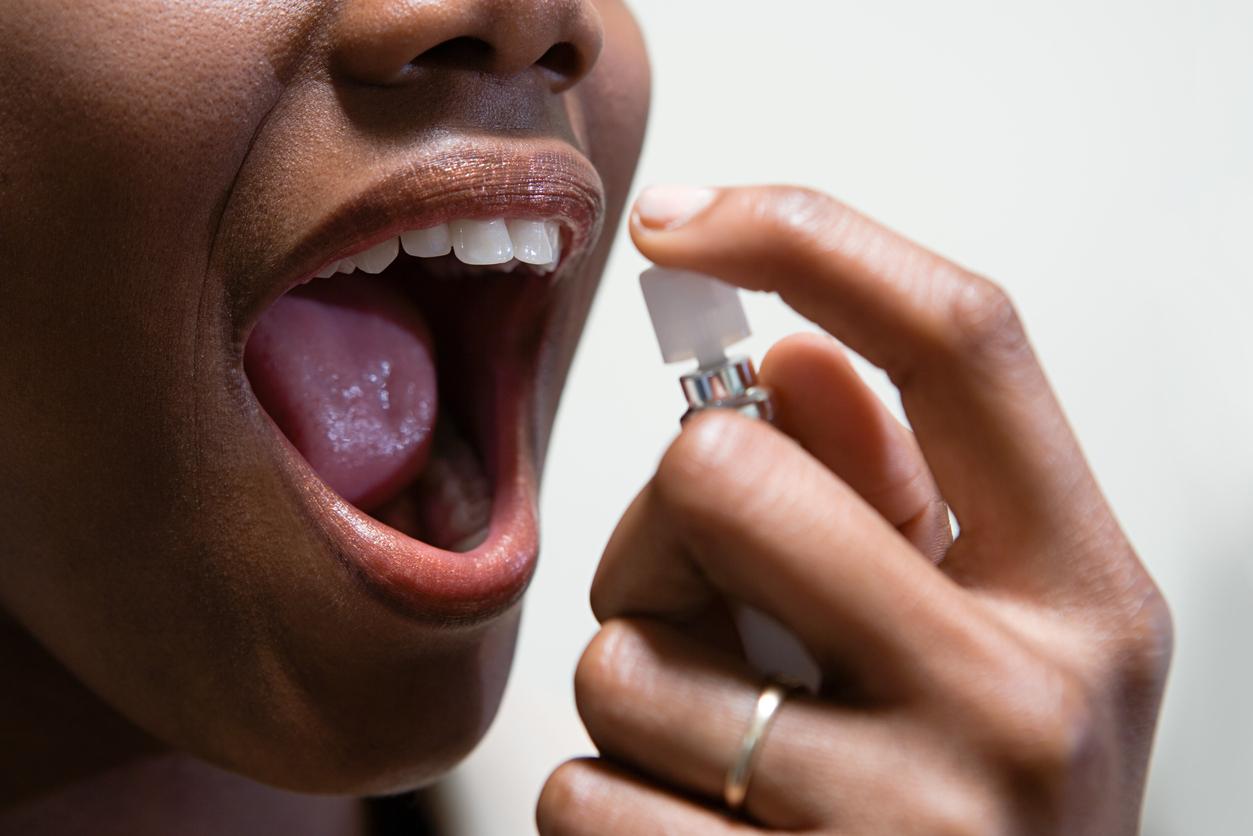
- Poor oral and dental hygiene can be responsible for bad breath.
- But it can also be linked to an oral problem such as a cavity or a dental abscess.
- Diet, particularly the consumption of certain products such as garlic or cheese, may also be involved.
In 85 to 90% of cases, bad breath is of oral origin, according to health insurance. “The mouth naturally contains bacteria which feed on proteins (from food, saliva, oral cells, etc.), can we read on the site. Protein breakdown by bacteria releases malodorous volatile sulfur compounds (VSCs) when present in significant quantities in the mouth.”
An oral problem causing bad breath
According to Dr. Louis Bendayan, cardiologist, halitosis – the scientific name given to bad breath – can also come from a “dental problem, e.g. decay, tooth abscesshe explains in this video. It could also be a gum problem. If you have some periodontal pockets, there are often fermenting foods inside and it really doesn’t smell good. It can also be a decreased salivary flowfor example due to certain medications or dehydration.”
Note that poor hygiene of the mouth and teeth can also be responsible for bad breath by promoting the appearance of dental plaque where bacteria can develop.
Another factor contributing to bad breath: diet. “If you eat garlic, onion, cheese, drink coffee and smoke, well, you will have bad breath”, indicates Dr. Louis Bendayan.
Bad breath linked to pathologies
ENT conditions such as sinusitis or tonsillitis can also, temporarily, be responsible for bad breath. This is also the case for lung conditions, such as bronchitis.
“It can be reflux between the stomach and the esophagus, gastroesophageal refluxcontinues Dr. Louis Bendayan. Because in the stomach, food ferments, gases are released, and if these gases come back up, well, it doesn’t smell very good.” Finally, illnesses can also be the cause of bad breath. This is the case for diabetes and kidney or liver failure.








